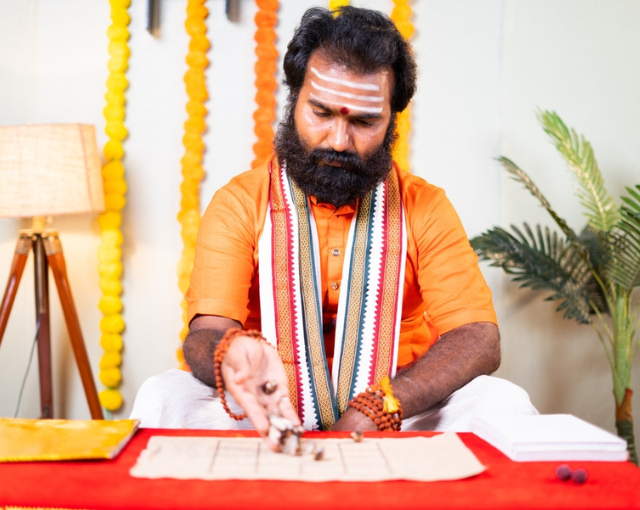
1/4/2024
Strange Rituals From All Over the World
Rituals line the paths of our lives from the cradle to the grave, although often in forms which differ from the past. There are places where ancient rituals remain ali-ve despite their often bizarre character. Judge for yourselves.
Wedding with a Tree
Having very deep roots in various indigenous traditions, the phenomenon of tree-hugging has spread across the western world in recent years. In India, however, it can go even further. Some people can marry trees; actually, under certain circumstances they have to. It is all about the traditional Hindu astrology, specifically the planet Mars. If you are born with Mars in the unfortunate constellation of “Mangala dosha”, you become a “Mangalika”. And that’s bad – especially for your future spouse. The Indians believe that a marriage to a Mangalika means poor luck and early death.
Fortunately, the spell cast on Mangalikas only applies to their first marriages. The second spouse is safe. But, would anyone opt to make his or her spouse an early widow or widower? Only those who cannot protest. Therefore, a Mangalika is bound to celebrate the first wedding with a plant, animal, or thing. It might sound absurd, but Mangalikas are happy to have such weddings. It allows them to marry their chosen ones afterwards.
🏃♂️ The Devil's Jump
There is no need to travel to exotic destinations to see something outlandish. Just visit Spain. The town of Castrillo de Murcia keeps an unusual ritual of welcoming children to the world. On the first Sunday after Corpus Christi, they hold the “El Salto del Colacho”, or “Devil’s Jump”. All babies born within the last year are laid on mattresses in the middle of the main street which leads to the church. Then come the devils; men dressed in red and yellow costumes with whips and giant castanets in their hands. The “atabaleros”, drummers, give a signal and the “devils” start to run, jumping over the mattresses, thus allegedly removing the babies’ original sin. No wonder the Roman Catholic Church has protested and officially banned the ritual, arguing that the original sin is actually removed through baptism. The local priests, however, take part in the ritual and give their blessings to the babies.
Dancing with the Bones
Called the “eternal resting place” in our culture, the Malgasy graves in Madagascar are nothing of the sort, being considerably disturbed every five or seven years, when people unearth the remains within a ritual called Famadihana, or the turning of the bones. People exhume the bones of their predecessors, clean them carefully and wrap them in a clean cloth. They write the name of the deceased on the cloth, so it is not forgotten. And then comes the crucial part of the ritual: they lift the corpse above their heads and dance to live music seven times around the grave before putting the bones back in their place.
Despite its somewhat morbid nature, Famadihana is a joyful event. Whole families reunite, travelling from far and wide, to honour their dead. The neighbours and friends from other villages are also invited. They all dress up to dance, eat and drink together. The Malgasy people believe that if their dead are taken good care of, they will find peace in the next world and help their offspring.
Text: Jakub Jukl
Photo: Shutterstock.com
You can read the whole article in the winter issue of the Leo Express magazine
Share article
0 x
Copy URL
Log into the loyalty program Smile Club
Don't have an account yet?
By logging in I agree with conditions of the loyalty program, processing of personal data and declare that I have reached the age of 16. Cancellation of tickets is only possible to leo credits.


